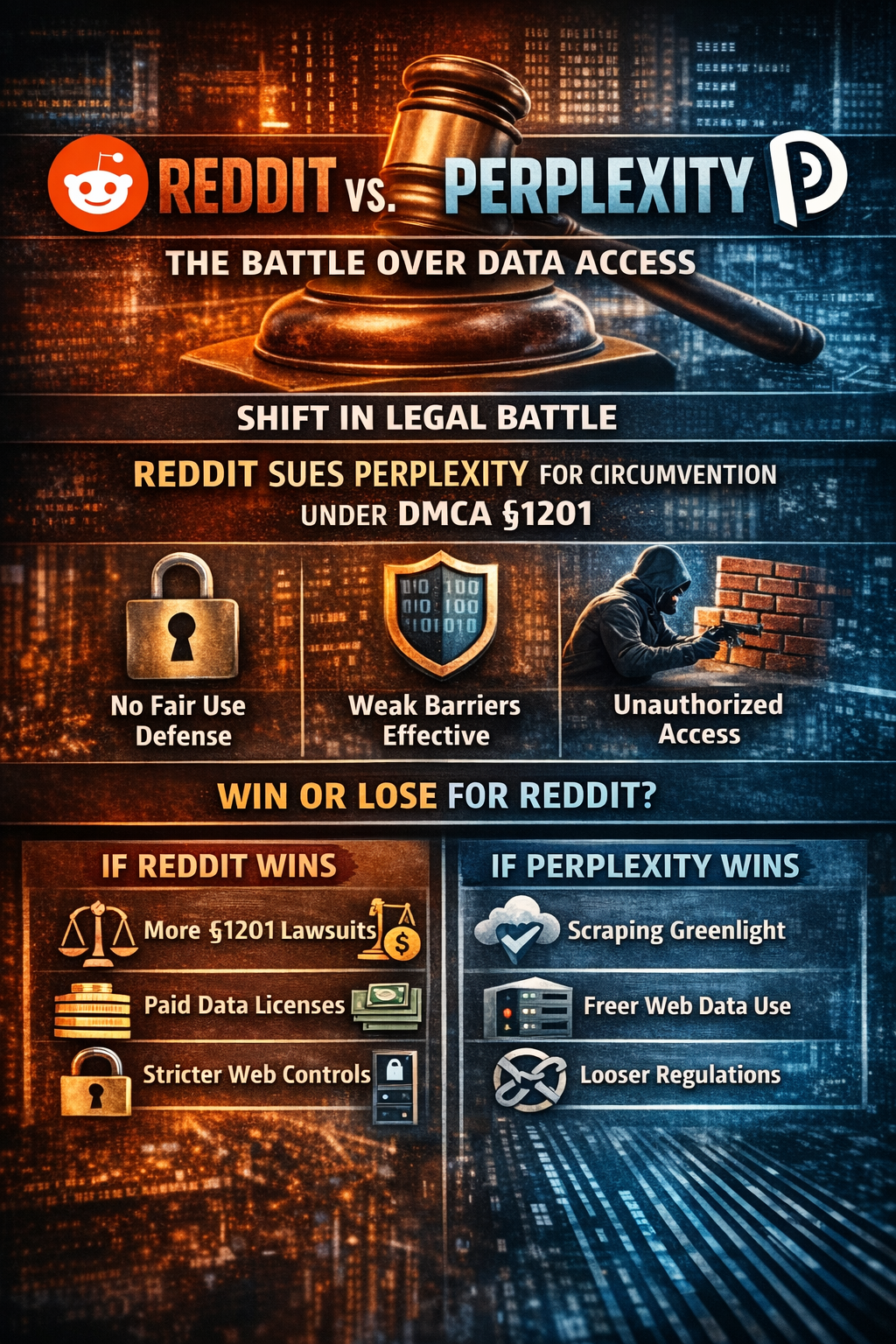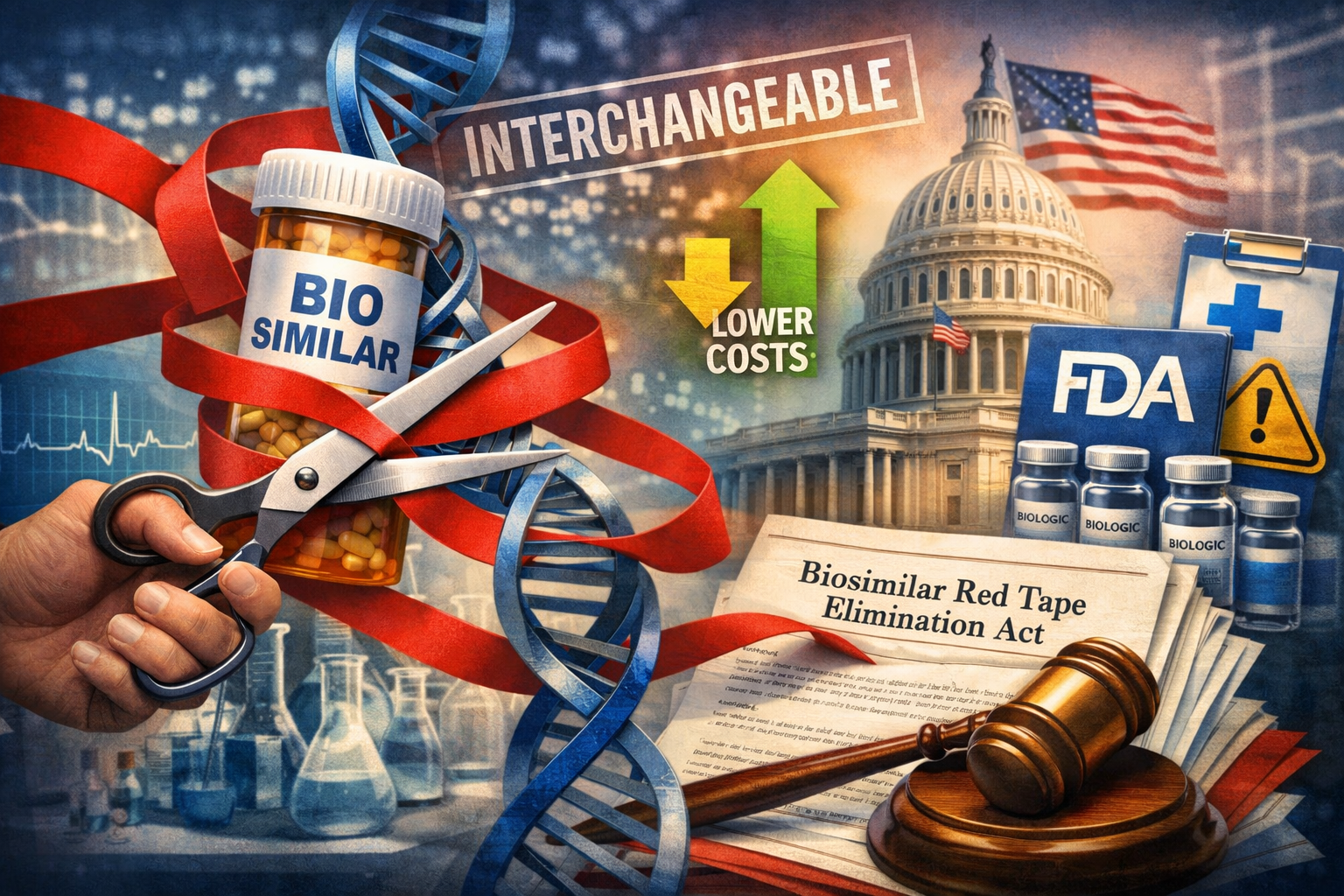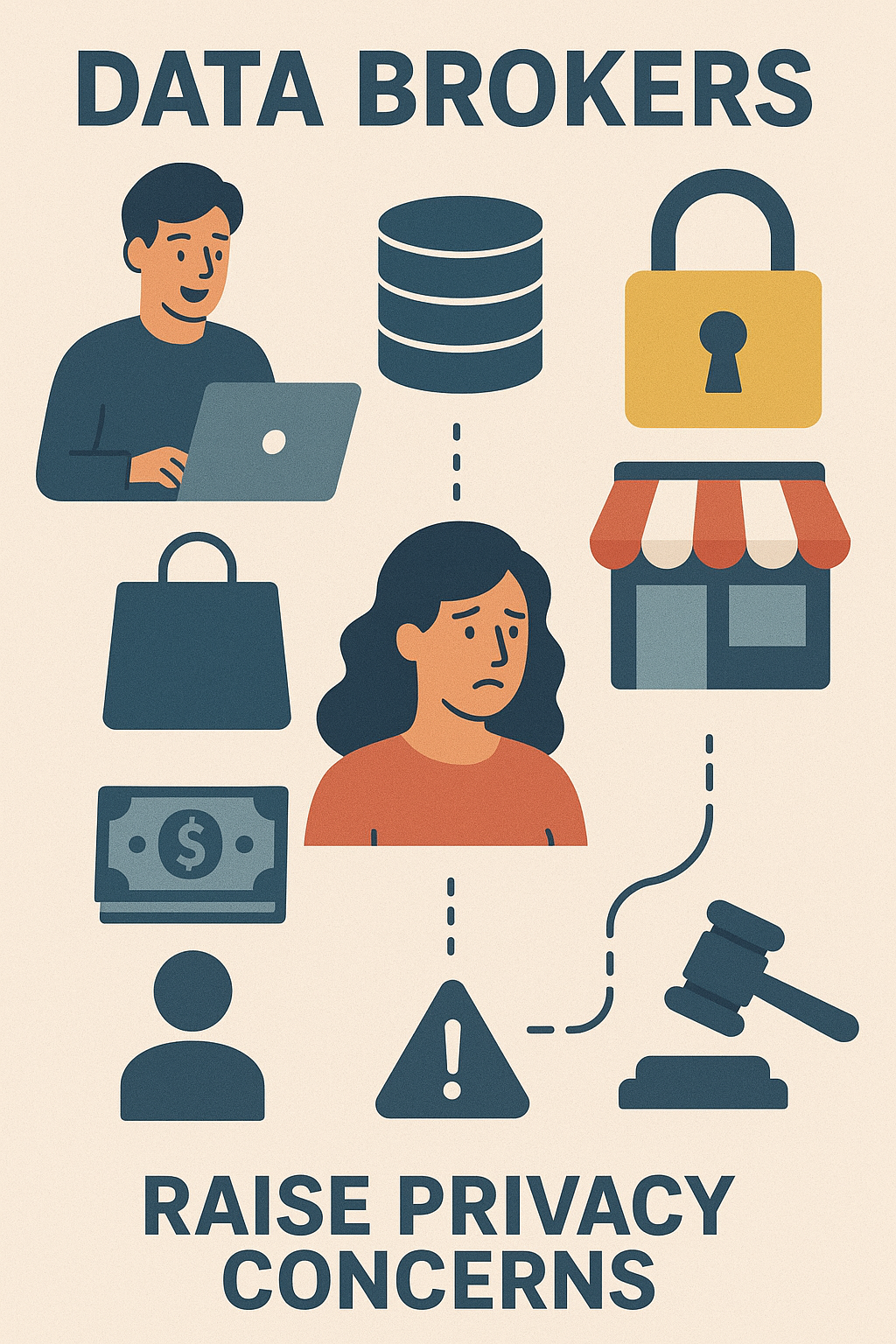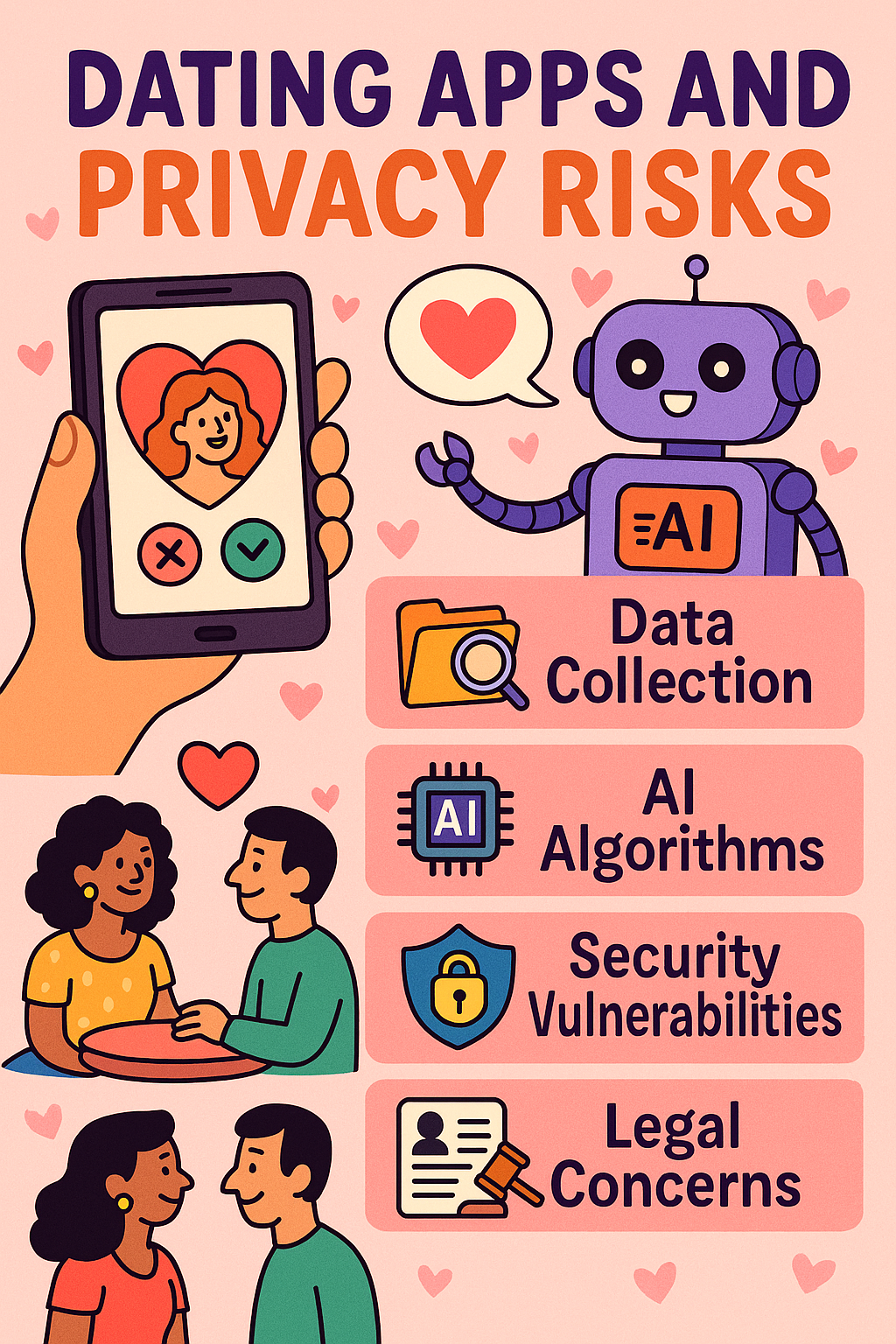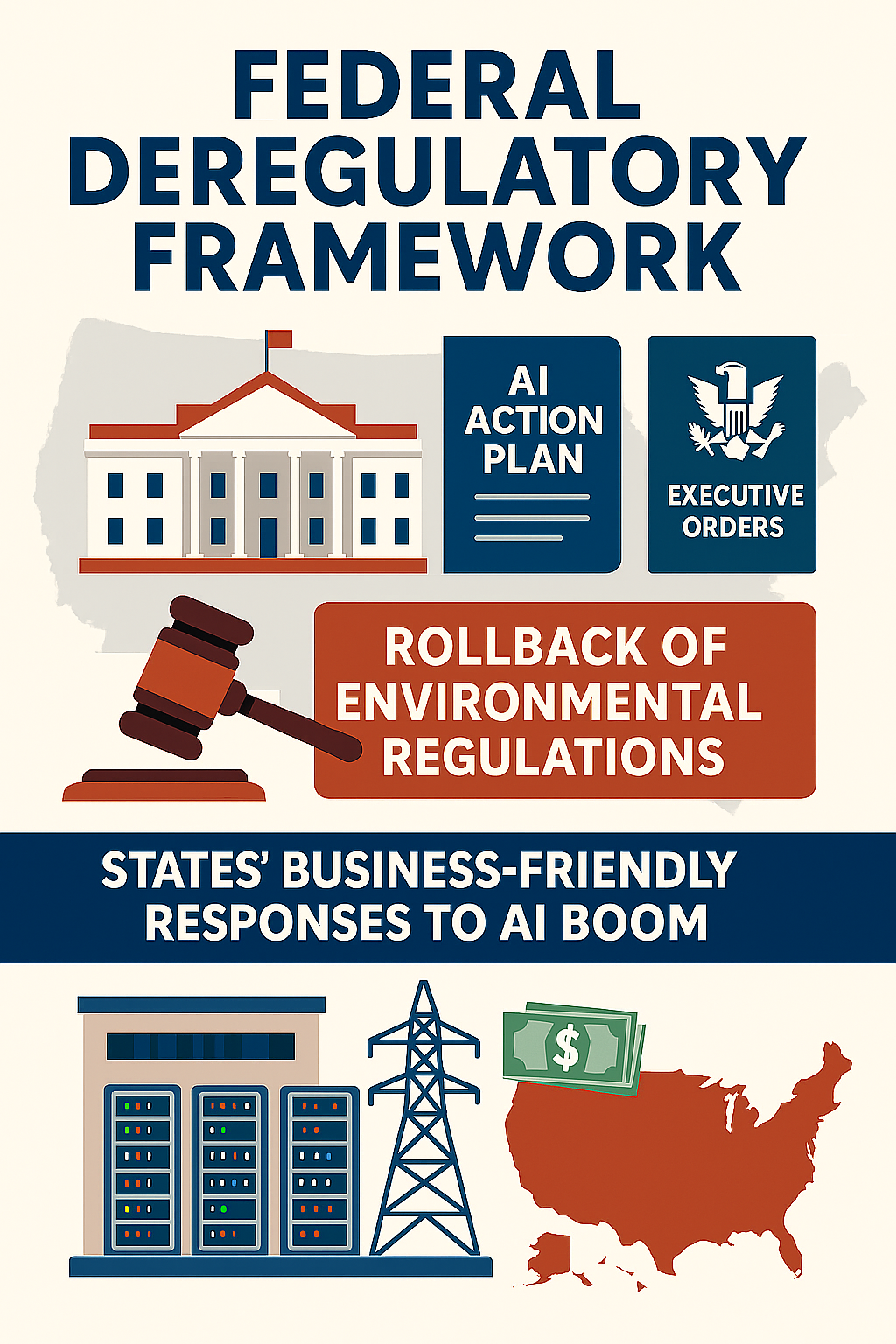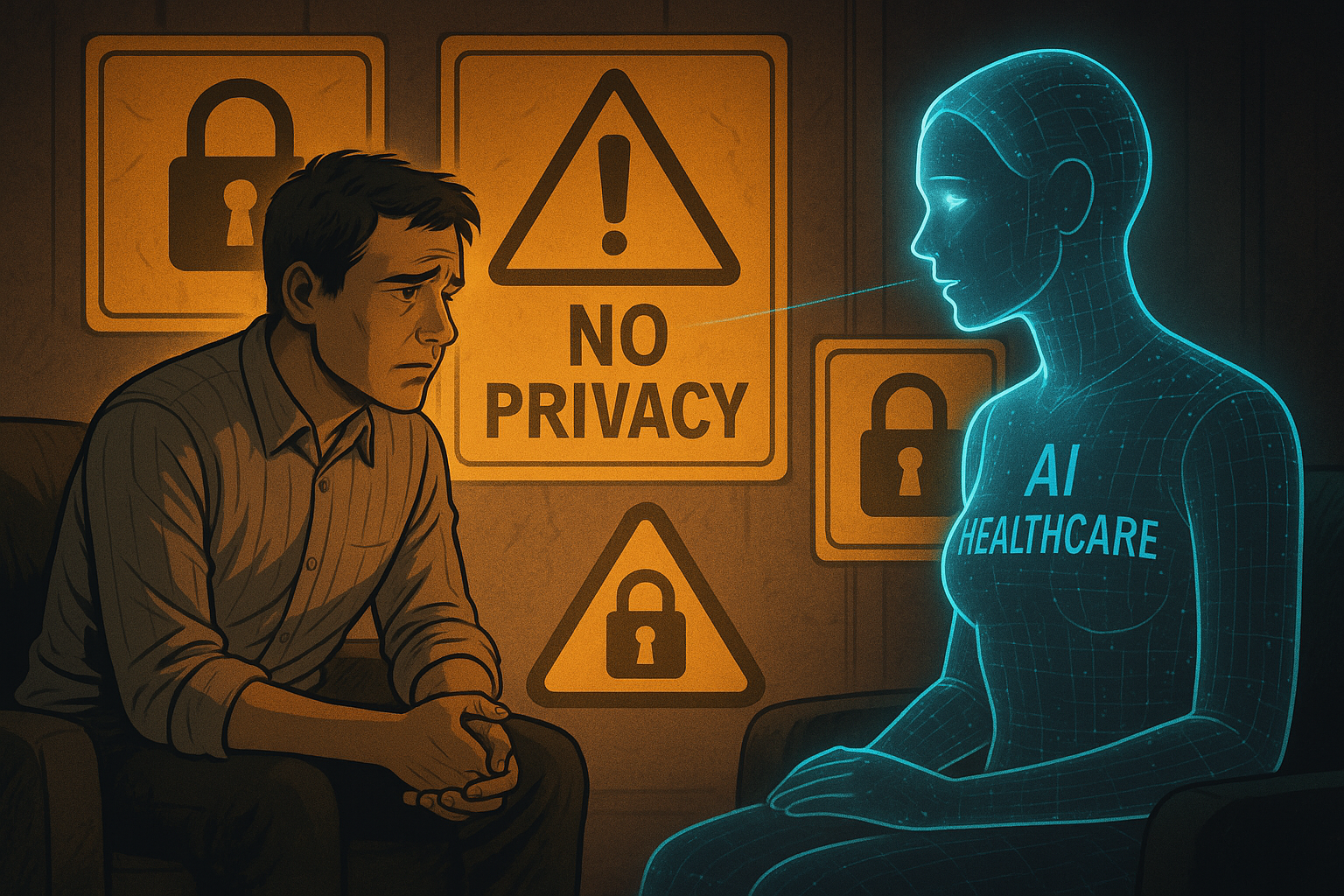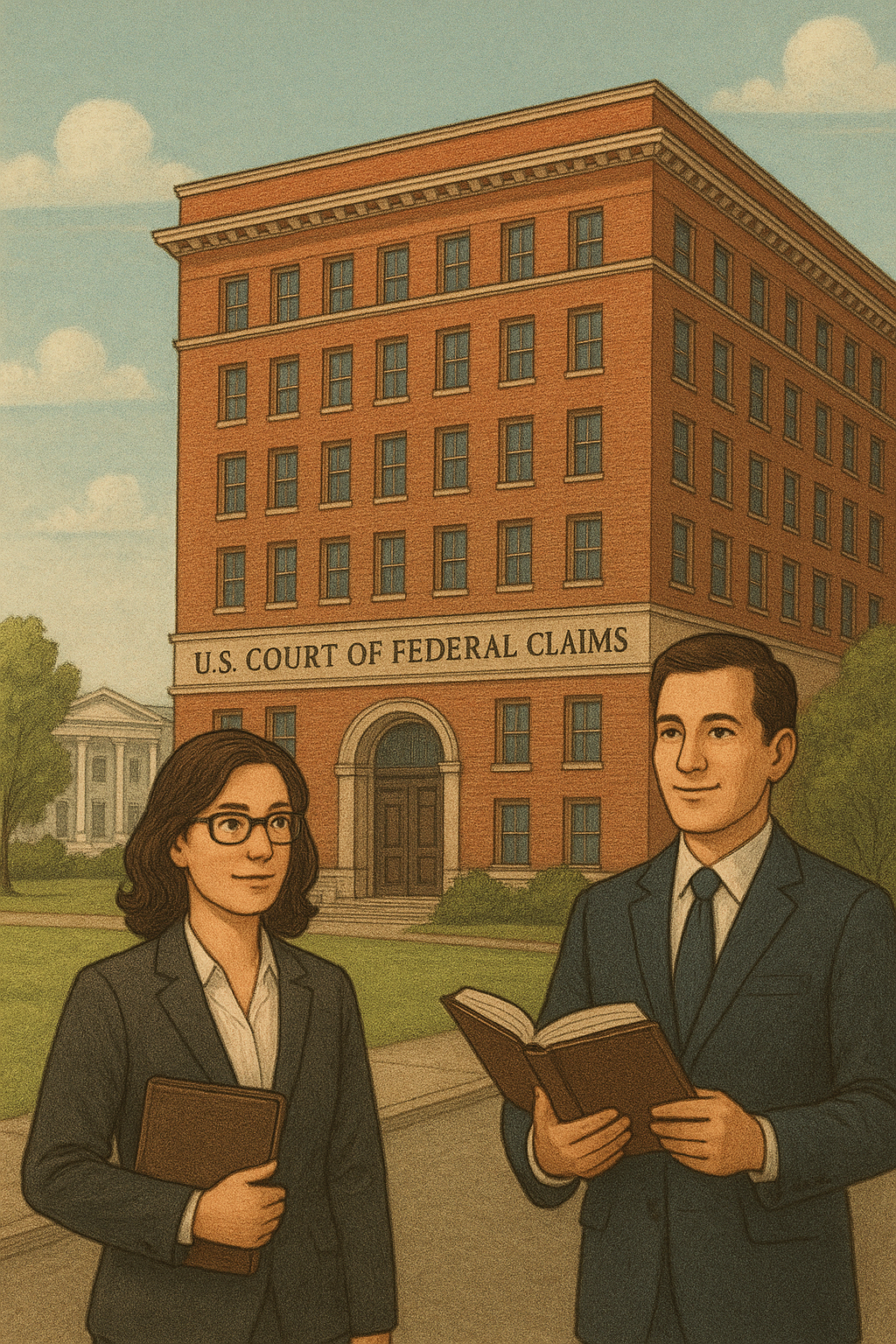January 25, 2026
Cutting the Biologics Red Tape or Cutting Corners: The Biosimilar Red Tape Elimination Act, Recent Changes in FDA Guidance, and the Future of Interchangeability
November 30, 2025
The Fake News Feedback Loop: When AI Trains on Its Own Lies
November 23, 2025
The Federal and State Approaches to Data Broker Regulation
November 16, 2025
Beyond the Swipe: Machine Learning Optimization and Privacy Crisis in Modern Romance
November 9, 2025
Toward American AI Dominance: Federal and State Deregulatory Alignment
November 2, 2025
When Your Therapist Has No Privilege: Why ChatGPT’s Healthcare Push Demands Closed-System Solutions
October 26, 2025
The Court of Federal Claims: A Home for Scientist-Lawyers
October 20, 2025
Big Tech's Pseudo-Acquisitions: Using Licensing and Hiring Agreements Instead of Outright M&As
March 24, 2025
Copyrights for AI-Generated Images: A New Era for Art?
March 23, 2025

Approximately 34 million photos are generated by AI every day. Image generative AI tools, such as Midjourney, DALL·E, and Stable

